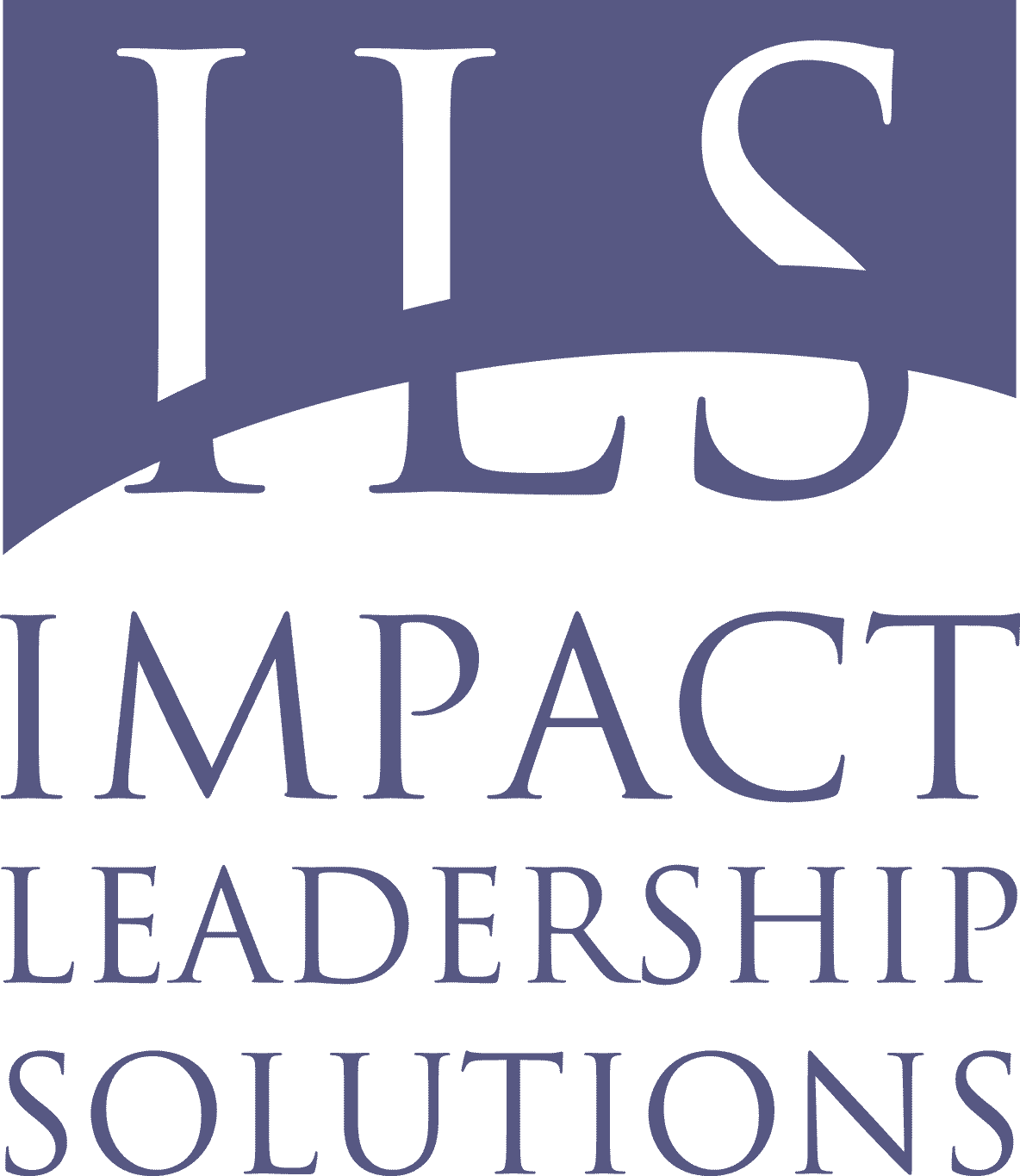
Burnout is often attributed to an overwhelming workload, but an equally common culprit can be too much collaboration. While teamwork and collaboration are essential for success, excessive partnership can lead to stress, inefficiency, and burnout. To help your team maintain a healthy balance, consider these strategies:
Simplify Structural Complexity
Examining your team's hierarchical structure, communication habits, and competing priorities. Look for areas of redundancy or inefficiency that can be streamlined. Simplifying these structures can reduce unnecessary stress and make collaboration more effective.
Action Steps
- Conduct a thorough review of your team's organizational chart.
- Identify and eliminate redundant roles or processes.
- Streamline communication channels to reduce information overload.
Reevaluate Workflows
Ask your team how new technologies and platforms have introduced unnecessary complexity and additional work. Simplifying workflows and establishing clear, team-wide collaborative norms can help reduce stress.
Action Steps
- Hold regular feedback sessions to discuss workflow challenges.
- Implement more straightforward, more efficient collaborative tools.
- Standardize processes to ensure consistency and clarity.
Manage Micro-Teams
While smaller sub-teams can be effective, they often require increased communication and coordination, leading to microstress. Monitor and manage the number of these micro-teams to prevent collaboration overload.
Action Steps
- Limit the number of simultaneous micro-teams.
- Ensure clear roles and responsibilities within each sub-team.
- Regularly review the necessity and performance of each micro-team.
Foster a Sense of Purpose
A strong sense of purpose can mitigate burnout. While corporate goals are essential, purpose can also be cultivated through positive, everyday interactions. Encourage employees to build on each other's ideas and foster a culture of mutual support and appreciation.
Action Steps
- Create opportunities for team members to share successes and milestones.
- Encourage open and constructive feedback.
- Promote a culture where contributions are recognized and valued.
Encourage Autonomy
Excessive collaboration can sometimes lead to micromanagement and a lack of autonomy. Encourage your team members to take ownership of their tasks and projects, increasing job satisfaction and reducing burnout.
Action Steps
- Delegate responsibilities and trust your team to execute their tasks.
- Provide opportunities for team members to lead initiatives.
- Offer support and resources, but avoid unnecessary oversight.
Balance Collaborative and Individual Work
Striking a balance between collaborative efforts and individual work time is crucial. Ensure that team members can focus on their tasks without constant interruptions.
Action Steps
- Schedule dedicated times for collaboration and independent work.
- Respect quiet hours where team members can work without disruptions.
- Use tools that facilitate asynchronous collaboration to reduce the need for constant meetings.
Monitor and Adjust Workloads
Assess your team members' workloads regularly to ensure they are manageable. Adjust tasks and responsibilities as needed to prevent overloading any individual.
Action Steps
- Conduct regular check-ins to discuss workload and stress levels.
- Reallocate tasks to balance workloads more evenly.
- Be proactive in identifying signs of burnout and addressing them promptly.
Addressing these key areas can help your team avoid the pitfalls of collaboration burnout. Simplifying structures, managing micro-teams, fostering a sense of purpose, and balancing workloads are essential to maintaining a healthy, productive team.
Remember, effective collaboration is about quality, not quantity. By implementing these strategies, you can create an environment where your team thrives without the risk of burnout.
👉🏽Do you want more real-life leadership tips? Sign up for the Monday Morning Mentoring YouTube channel and the ILS monthly newsletter. Also, follow me on LinkedIn.
